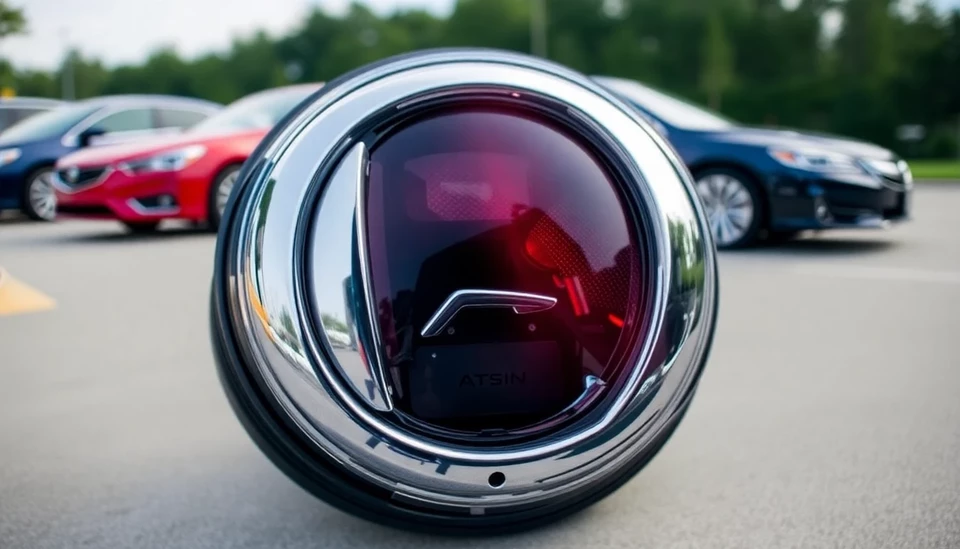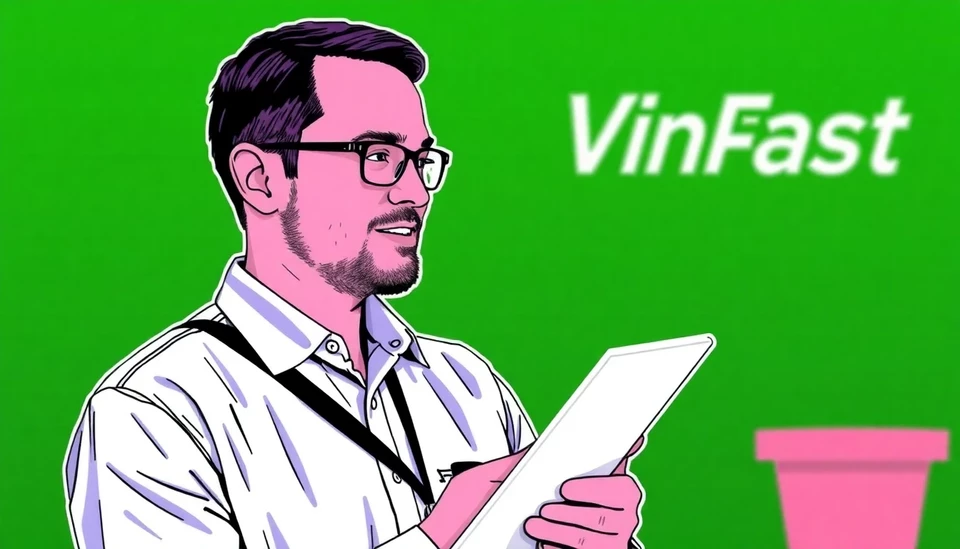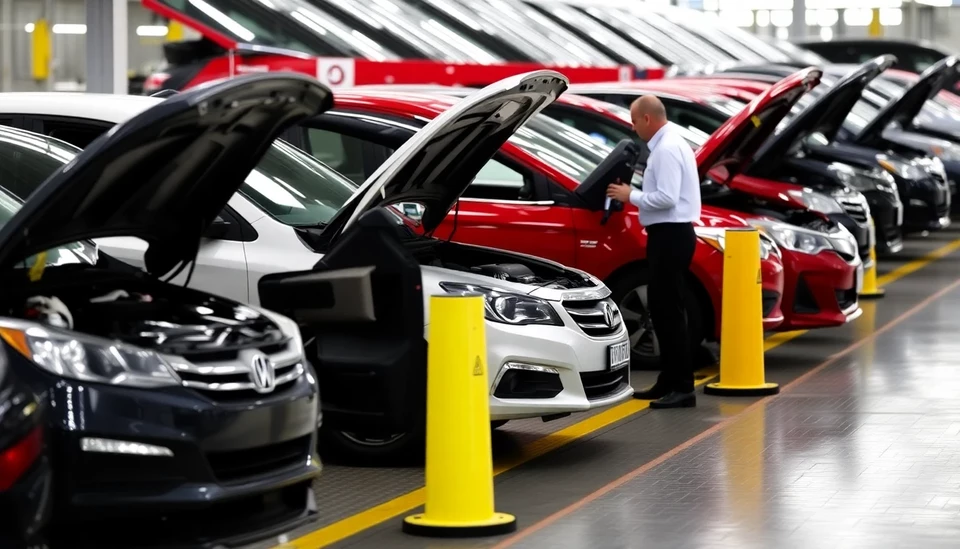
In a striking revelation, automotive executives are under scrutiny for their optimistic declarations regarding the transition from combustion engine vehicles to electric alternatives. Despite the industry-wide push toward electrification, a closer examination reveals that many leaders have yet to outline the complete trajectory and challenges that accompany this monumental shift.
The automotive sector is currently at a crossroads, with major automakers announcing ambitious commitments to eliminate gas and diesel vehicles over the coming decades. These proclamations, however, may not paint a full picture of the strategic, technological, and economic hurdles that lie ahead in achieving such goals. While companies like Ford and General Motors have laid down plans for the future, the feasibility and real progress of these targets remain uncertain.
One key issue that surfaces is the ongoing reliance on internal combustion engines (ICE) for the foreseeable future. Many auto manufacturers are continuing to invest heavily in ICE technology, even as they publicly endorse electric vehicles (EVs). This dual approach raises questions about the sincerity and depth of their commitments to phasing out traditional fuels. Analysts argue that without a significant reduction in the production and sale of ICE vehicles, the transition to electric cars could be slow and fraught with complications.
Furthermore, while automakers tout advancements in battery technology and an expanding range of electric models, supply chain disruptions, raw materials shortages, and high production costs remain significant barriers. The materials necessary for EV battery production, such as lithium, cobalt, and nickel, are not only finite but also concentrated in limited geographical areas, leading to potential geopolitical tensions. Additionally, the production capacity needed to meet the expected demand for EVs is still in development, raising concerns about whether manufacturers can adequately fulfill their promises.
A notable highlight in the discussions surrounding this transition is the role of government policy and consumer preferences. With various countries and states enacting stricter emissions regulations and financial incentives for EV purchases, automakers are feeling the pressure to keep pace. However, the success of transitioning to electric vehicles also heavily relies on consumer acceptance and market readiness, which can vary significantly across different regions.
Moreover, infrastructure plays a crucial role in the electrification journey. The availability of charging stations and the development of a robust energy grid to support increased electricity demand need to be addressed. Automakers must collaborate not only among themselves but also with governments and electric utilities to create a seamless experience for consumers transitioning from ICE to EVs.
As the automotive industry progresses on its electrification path, it becomes increasingly clear that transparency and realism regarding the timeline and challenges will be essential. While enthusiasm is warranted for the potential benefits of electrification—such as reducing greenhouse gas emissions and reliance on fossil fuels—stakeholders must recognize the complexities of enforcing such a sweeping change.
In conclusion, while auto CEOs are generating plenty of headlines with promising future plans to phase out combustion engines, a more nuanced discussion is needed to ensure that consumers, investors, and industry players understand the full scope of what lies ahead. The journey to electrification is not just a matter of ambition but also of pragmatism, requiring coordinated efforts across multiple sectors and a willingness to tackle the entrenched practices that dominate the current automotive landscape.
#AutoIndustry #ElectricVehicles #TransitionToEVs #SustainableTransport #AutomotiveNews #FutureOfTransport
Author: Victoria Adams




